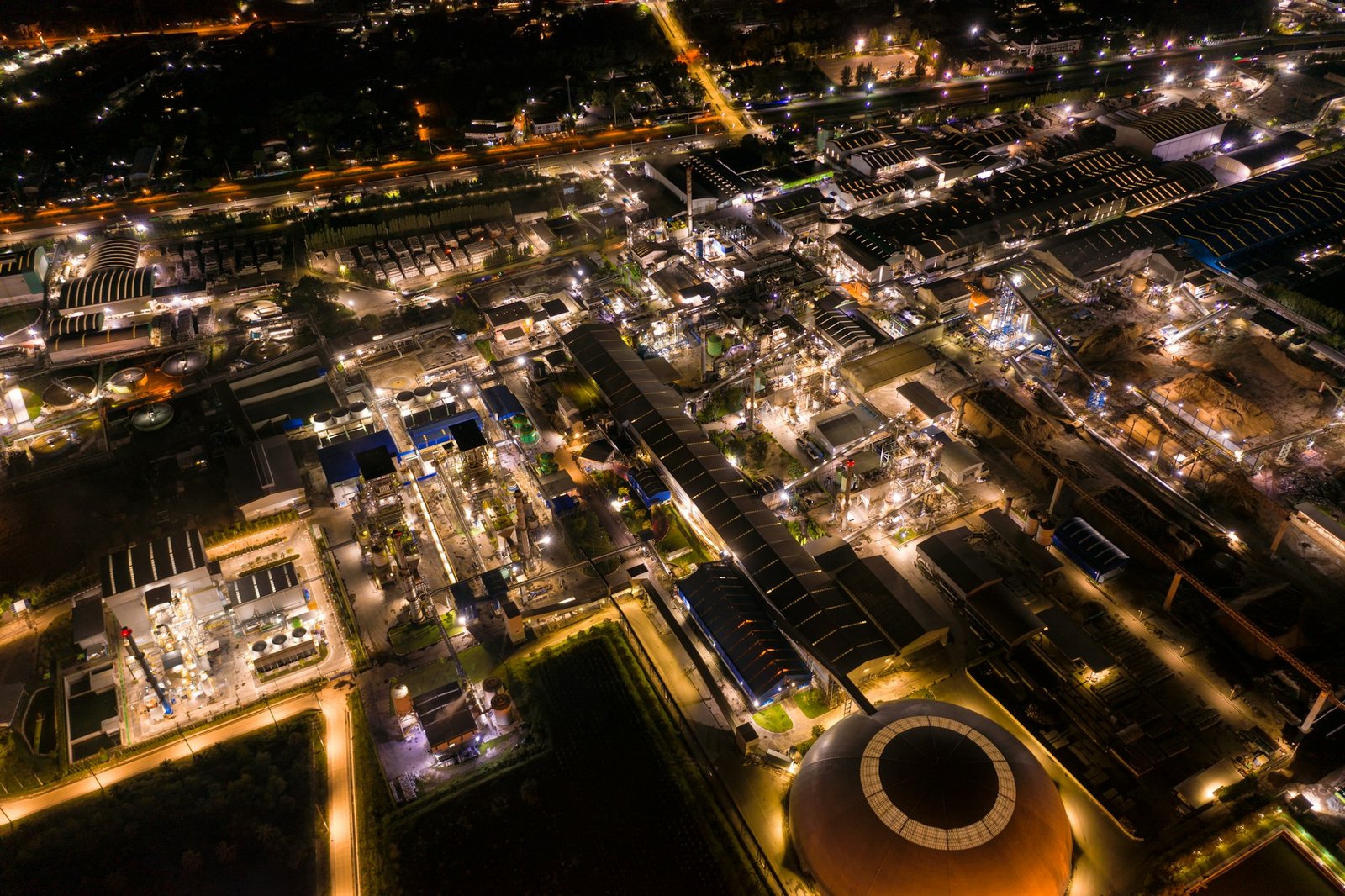In an ever-evolving landscape, specialty chemicals continue to shape industries and impact our daily lives. We’ve had the privilege of sitting down with some of the leading minds in the field to gain valuable insights into the future directions of specialty chemicals. From sustainability to technological advancements, here’s what our experts had to say.
Sustainability: A Driving Force in Specialty Chemicals
Sustainability has become a cornerstone of modern industry, and specialty chemicals are no exception. Driven by environmental concerns and regulatory pressures, the industry is witnessing a significant shift towards sustainable practices. According to recent studies, the global market for sustainable chemicals is projected to reach $250 billion by 2027, reflecting a growing demand for eco-friendly alternatives.
Highlights the importance of renewable resources in chemical production. “Bio-based feedstocks offer a promising avenue for reducing our reliance on fossil fuels,” she explains. “By leveraging biomass and agricultural waste, we can minimize environmental impact while meeting the needs of a growing market.”
Technological Innovations: Shaping the Future Landscape
Technology is revolutionizing the way we approach chemical manufacturing, paving the way for new possibilities and advancements. From artificial intelligence to molecular engineering, breakthroughs in technology are driving innovation in specialty chemicals. According to industry forecasts, the global market for smart chemicals is expected to surpass $70 billion by 2025, propelled by automation and digitalization.
Dr. Michael Wong, a materials scientist, emphasizes the potential of smart chemicals enabled by IoT devices. “By embedding sensors and actuators into chemical products, we can create materials that respond dynamically to their environment,” he says. “This opens up a world of opportunities in terms of functionality and performance.”
Evolving Consumer Preferences: A Catalyst for Change
Consumer preferences are evolving, influencing the trajectory of specialty chemicals. As awareness grows regarding health and wellness, there’s a rising demand for natural and organic products. Market research indicates that the global market for natural specialty chemicals is expected to register a CAGR of 5.8% from 2020 to 2025, underscoring the importance of meeting consumer expectations.
Dr. Sophia Chen, a consumer trends analyst, emphasizes the significance of transparency in ingredient sourcing. “Today’s consumers are more discerning than ever,” she observes. “They want to know where their products come from and how they’re made. Brands that prioritize transparency and ethical sourcing will stand out in the market.”
Collaboration: Fostering Innovation and Growth
Collaboration lies at the heart of driving innovation and addressing complex challenges. In an increasingly interconnected world, companies are forming strategic partnerships to leverage collective expertise and resources. Cross-industry collaborations are becoming commonplace, fostering creativity and accelerating progress.
John Smith, CEO of a leading chemical company, stresses the value of collaboration in tackling global issues. “No single company has all the answers,” he asserts. “By collaborating with industry peers, academia, and government agencies, we can pool our knowledge and resources to solve pressing challenges and drive positive change.”
FAQs: Answering Your Top Questions
1. What are specialty chemicals?
Specialty chemicals are unique substances developed for specific applications across various industries, including pharmaceuticals, cosmetics, and electronics. They often require advanced processing and play a crucial role in enhancing product performance and functionality.
2. Why is sustainability important in the specialty chemicals industry?
Sustainability is critical for mitigating environmental impact and meeting regulatory requirements. By adopting eco-friendly practices and renewable resources, companies can reduce carbon emissions, minimize waste, and enhance their reputation in the marketplace.
3. How is technology shaping the future of specialty chemicals?
Technology, such as artificial intelligence and IoT, is driving innovation in chemical manufacturing. Smart chemicals with enhanced functionality and performance are poised to revolutionize various industries, from healthcare to automotive.
4. What are some emerging trends in consumer preferences?
Consumers are increasingly seeking natural and organic products, driving demand for sustainable and transparent solutions. Brands that prioritize ethical sourcing and environmental stewardship are well-positioned to capture market share.
5. Why are collaboration and partnerships essential in the specialty chemicals sector?
Collaboration enables companies to leverage collective expertise and resources, accelerating innovation and addressing complex challenges. Cross-industry partnerships foster creativity and drive positive change in the industry landscape.





